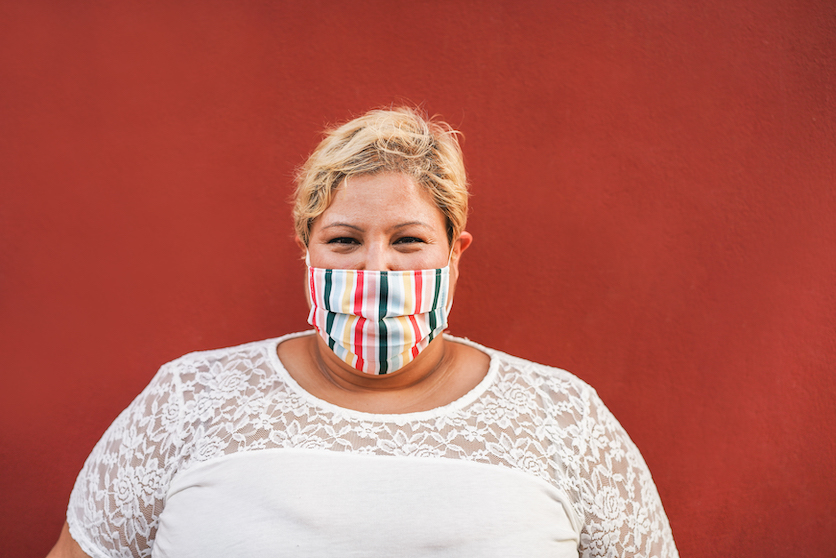Obesity and COVID-19

Although we are no longer at the peak of the coronavirus pandemic, it is important to understand the health risks that come with being obese and catching COVID-19. According to the CDC, adults with obesity are more likely to get severely ill from COVID-19, meaning they may be admitted to the hospital, intensive care unit, require ventilation, or possibly die from COVID-19. Understanding why people with obesity are at risk, as well as how bariatric surgery can help, are both significant in ensuring that people suffering from obesity remain healthy as we continue to deal with COVID-19 in the coming years.
One of the reasons obesity makes COVID-19 more dangerous is possibly due to the chronic inflammation that disrupts the immune system which can potentially cause blood clots. The excess weight carried by those suffering with obesity, and the increased abdominal pressure due to increased fat, can also impair lung function, making patients with obesity more likely to need ventilation after catching COVID-19. It’s also important to note that obesity is a risk factor for other diseases like type 2 diabetes, heart disease, and some cancers. These are all diseases that make the risk of hospitalization, ventilation, and death even higher when dealing with COVID-19 (Kompaniyets et al., 2020).
A study on patients who were diagnosed with COVID-19 from March through December of 2020 showed that, “risks for hospitalizations, ICU admission, and death were lowest among patients with BMIs of 24.2 kg/m2, 25.9 kg/m2, and 23.7 kg/m2, respectively, and then increased sharply with higher BMIs” (Kompaniyets et al., 2020).
- BMI of 25 kg/m2 to <30 kg/m2 falls within the overweight range
- BMI of 30 kg/m2 or higher falls within the obesity range
For many people losing as little as 10-15 lbs is all they need to reduce their risk of being hospitalized with COVID-19. However, for people who are struggling with severe obesity, bariatric surgery is proven to be the most effective way to not only lose weight, but maintain weight loss and live a healthier lifestyle overall. Furthermore, a Cleveland study comparing patients who have had bariatric surgery with obese patients who have not received bariatric surgery showed that patients with a history of bariatric surgery were far less likely to be hospitalized after testing positive for COVID-19 (Aminian et al., 2020).
One thing this pandemic has taught us is the importance of taking care of our bodies so we can maintain a strong and healthy immune system. With vaccination becoming more readily available, it is still of utmost importance that we take care of ourselves and not neglect our physical health. Thanks to bariatric surgery, countless patients who have struggled with their weight have been able to live a healthier life. Contact us today and get started on your weight loss journey.
